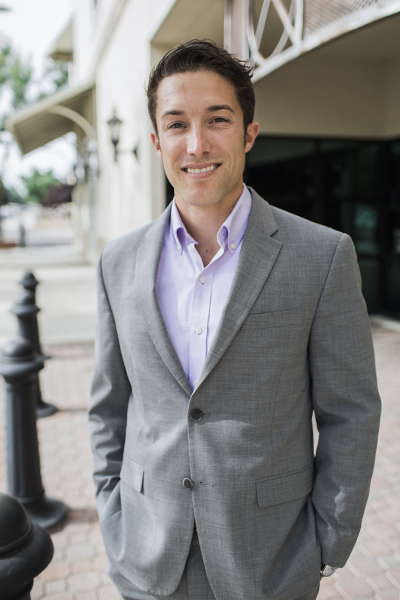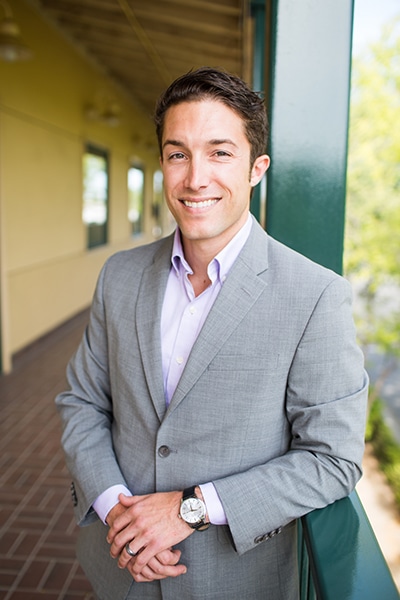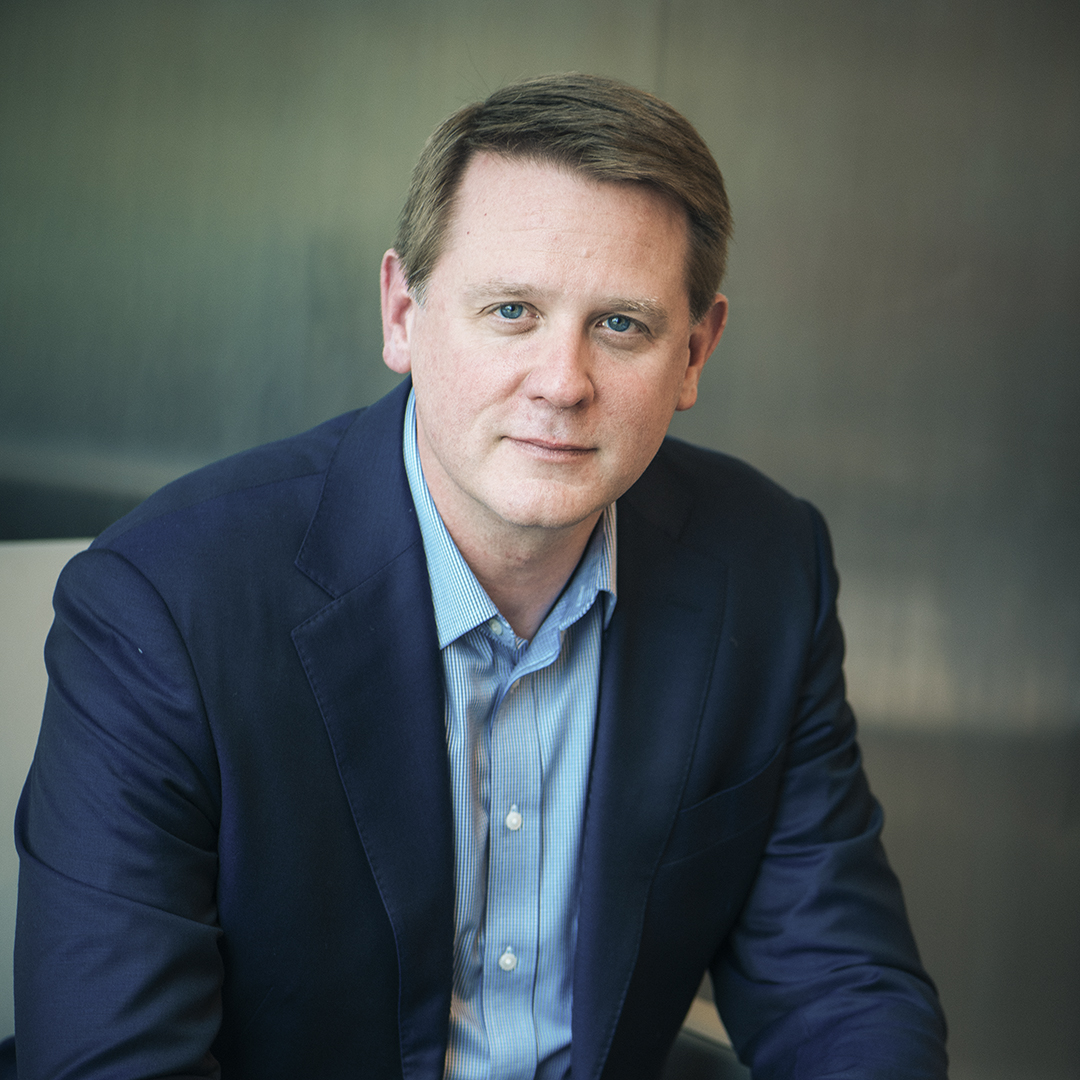Compared to all the financial analysts, day traders, and entrepreneurs that the Great Recession of 2008 put out of business, it conversely sent James McCurley headfirst into a financial career. McCurley was a physics major and a senior at California State University-Fresno with no real idea of where his degree might take him. The recession was in full swing and he found the financial implications fascinating. “I decided to immediately go into an MBA program and that maybe I’d wind up on Wall Street because of it,” McCurley says.

It took McCurley little time to realize that the hundred-hour work weeks of Wall Street weren’t of much interest. So, when a financial analyst position opened at Community Medical Centers, McCurley thought it would be a good place to get his start. Since 2012, McCurley has risen through five positions in the organization and currently acts as VP of revenue cycle. “It’s changed quite a bit here,” McCurley says. “I went from having zero people reporting to me to three, to fifty, to four-hundred-fifty.”
McCurley may seem young for someone in charge of the healthcare revenue cycle department, but the VP has demonstrated a capacity to build upon and grow from his experiences with a fierce level of commitment and self-motivation. Investor and entrepreneur Ray Dalio’s Principles sits on McCurley’s nightstand, and the VP says it’s a work that’s ever-present in his life. McCurley has adopted a self-reflection practice that he says takes a tremendous amount of time but has proven to be worthwhile over and over again.
“I keep a notebook where I write down almost every medium-to-big decision that I make, then go back and reflect,” McCurley says. “What was the impact? Knowing what I knew at the time, was it the right decision? I’ve created a feedback loop for myself.” The VP says that it’s not about the decision itself working out or not working out because the right decision still won’t always work out. But by reflecting on the decision itself, McCurley is able to recognize similarities in future choices and grow from those experiences either way.
“My view of my role is to get the big ideas correct.”
The idea of a feedback loop reinforces a great deal of effort in his current role. Since taking on the document-heavy challenges of denials management—a denial prevention team headed, in part, by McCurley—he has worked to implement a department-by-department feedback loop that highlights denials that could have been avoided and asks each department to comment on them and reflect on how to avoid them in the future.
“It’s been incredibly beneficial for the departments and for us to understand exactly what is going on,” McCurley says. Once-a-month in-person meetings help to address bigger picture topics, and each department is better equipped to reduce denial numbers in meaningful and actionable ways.
As McCurley’s breadth has increased, so has his need to focus more on larger business goals for the revenue cycle.

“From a leadership perspective, my view of my role is to get the big ideas correct,” the VP says. “Once I’m confident in those ideas, the next step is to get buy-in from individual leaders in the revenue cycle or other operational teams.” McCurley says he places a great amount of emphasis on listening not just to those above him but the subject matter experts who work below him to make sure the right ideas are being approached the right way at the right time.
For the revenue cycle, the big ideas concern the role that the revenue cycle plays in the future of Community Medical Centers. The VP says AI and machine learning have the capabilities to fundamentally reshape how the revenue cycle operates; but he looks forward to taking those challenges on as they come.
“On the tech side of things, I think the revenue cycle will have the greatest transformation when it comes to any of the other business service lines in healthcare, as far as I can see,” McCurley says. “We have to make sure we have the experts and knowledge in place and are doing the research to best utilize our electronic medical records and create the best practices to accompany those.”
On a personal level, McCurley remains dedicated to self-improvement and self-reflection. The VP wakes up sometime before 3:30 and 4:00 in the morning and has integrated meditation into his workout regime. As McCurley’s notebooks fill, data drives his efforts, be they financial or personal, and the records indicate significant growth in both categories.
Olive is excited to be exploring the possibilities for AI-powered digital employees with James McCurley at Community Medical Centers. As we work together to continue advancement of the healthcare sector with artificial intelligence and workflow automation, we look to improve efficiencies throughout the industry in terms of denials management, patient financial experiences, and analysis.

